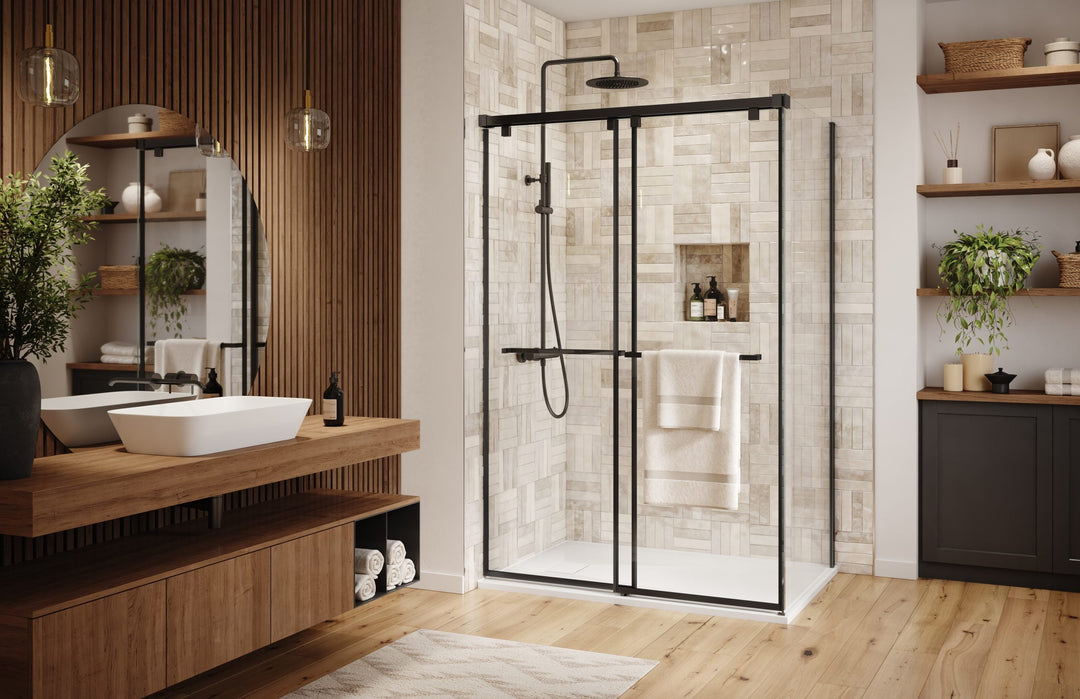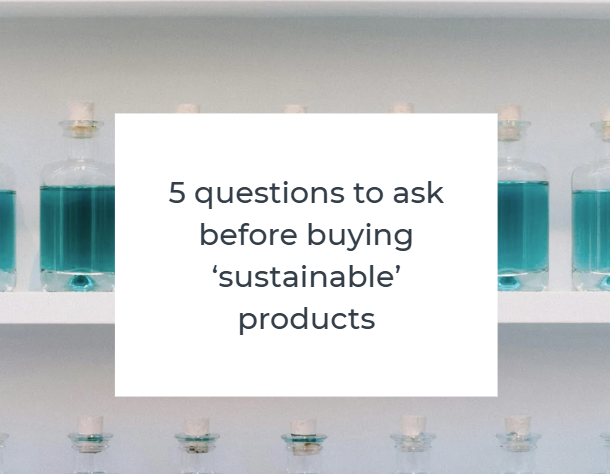Life Without Plastic (for a Month)

This Plastic Free July was another example of millions of people coming together to be part of the solution to plastic pollution. Together, we can work towards cleaner streets, oceans, and beautiful communities.
But let’s back up, what is Plastic Free July? If you’re unsure what Plastic Free July is in general, why it began and why we should reduce our plastic consumption, here is a little background.
A quick FAQ about the history of Plastic Free July:
Personally, I see the “plastic free” part as a bit of a misnomer. The optimal ideal. It’s an easy and catchy name that gets the point across, that we should try to use less plastic and more sustainable materials and practices. But I can also see how it can become quite daunting and discouraging. It’s all around us so how can I really go plastic free? This is especially true when things as simple as bringing reusable bags into stores have become challenging.
But is it really about being 110% plastic free? Or is it about more mindful interactions with plastic. It is a durable yet lightweight material with major environmental impacts during its creation (as most are made from fossil fuels (source)) and destruction (microplastics in our air and waterways (source), hundreds of years to break down (source), etc.). You would think this would mean we would use it more mindfully and sparingly. Instead we use it when we are too lazy to bring a bag for groceries, wrapping produce that nature has already developed a natural and compostable outer skin for and when we don’t want to carry something as small as a fork around in our purse, car or backpack. Some uses of plastic are just mindless reflexes. Think about produce bags at grocery stores. We just reach for produce bags because that's what we watched our parents do, it's free and they’re right there. But why do we need them? Produce grows outside, in dirt and are shipped loose, but we think leaving them loose in our grocery cart is unacceptable…
So to me, Plastic Free July is about changing our relationship with plastic. Being more mindful and intentional about when we use it since this long lasting and durable material has a lot of impacts associated with it. This however means we aren’t entirely “plastic free”, but rather, more “plastic mindful”.
From another angle, it is also super difficult to be entirely plastic free in our day to day lives, now more than ever. Like I said before, this can get frustrating and discouraging. But when I feel surrounded and trapped by waste and plastic, and that no matter how hard I try I’ll never totally get rid of it, I go back to a quote that I heard when I began my sustainability journey: “We don’t need a handful of people doing zero waste perfectly. We need millions of people doing it imperfectly” - Anne Marie Bonneau.
The hope is that you take this forward with you past July, because that I think is the core of Plastic Free July, a reminder. Reintroducing mindfulness in our plastic consumption, helping us to learn and create an actionable time for growth away from plastic. Spotlighting why our current plastic consumption patterns have created such calamitous global impacts, and how we can do our part to stop one more plastic fork, bag, straw or bottle from wreaking havoc on our planet.
So as we roll into August, try even one thing to bring forward with you.
Here are my top 10 tips for Plastic Free July (and beyond!) that you can apply right now:
- Refuse plastic grocery bags by bringing your groceries to your car and putting them in you reusable bags then
- Refusing plastic produce bags at the grocery store
- Bringing cutlery with you (Be sure to wash these right after use and take the other necessary precautions during these times)
- Using a reusable tea infuser and loose leaf tea (Yes there is plastic in many tea bags, releasing microplastics into your tea! (source))
- Switch to a menstrual cup (Yes, a lot of menstrual products have plastic as well (source))
- Use a french press instead of disposable coffee cups and k cups
- Buy food in bulk if it is safe to do and possible in your area
- Reusable mugs and water bottles
- Zero waste soap: bar soap, tablet shampoo, conditioner and body wash
- Containers and beeswax wraps instead of saran wrap
We all can do something. What will you do?


